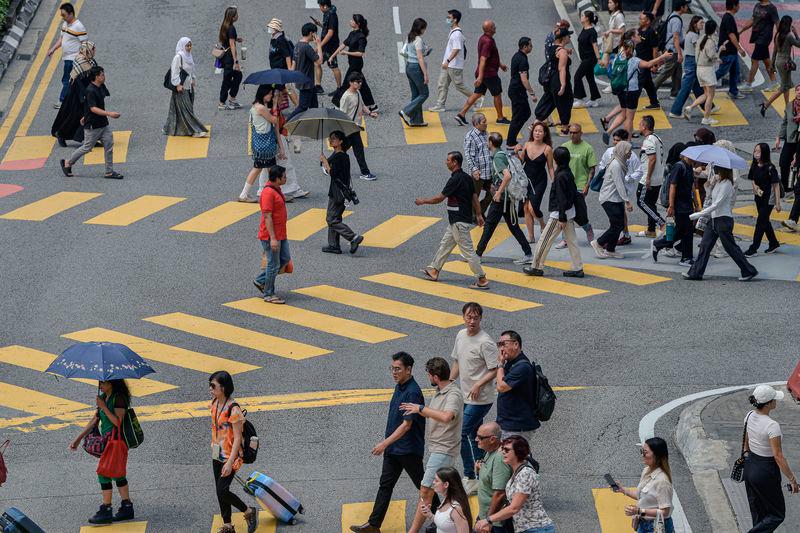KUALA LUMPUR: The recent increase in the minimum wage to RM1,700 is expected to boost the purchasing power of the population, thereby stimulating the country’s economy and benefiting all sectors.
Professor Dr Novel Lyndon, chairperson of the Centre for Research in Development, Social and Environment at Universiti Kebangsaan Malaysia (UKM), said that the wage hike would indirectly enhance the quality of life by enabling individuals to manage household expenses more effectively.
“This wage increase is also likely to attract more youth to the workforce, reducing reliance on foreign labour and helping to lower the national unemployment rate,” he told Bernama.
He added that the measure would contribute to the growth of the domestic economy, potentially increasing government revenue through Sales and Service Tax (SST) collections.
However, he cautioned that an increase in income often leads to a rise in the price of goods, in line with economic principles.
In this regard, Novel emphasised the critical role of the government in monitoring prices and channelling subsidies to ease the financial burden on the people.
“In a free market system, prices are determined by the forces of supply and demand, not the government. However, the government plays an essential role as a regulatory body, overseeing the market and providing subsidies based on need,“ he said.
He further noted that while the decision to raise the minimum wage is a commendable move, its implementation must be carefully aligned with the country’s and region’s current economic conditions to prevent excessive inflationary pressures on the public.
He also acknowledged the possibility that employers may offset the cost of the wage increase by raising the prices of their products or services.
As of Feb 1, a total of 4.37 million workers are now receiving the revised minimum wage of RM1,700 per month, up from RM1,500, following the official implementation of the new Minimum Wage Order.
Meanwhile, Prof Dr Barjoyai Bardai, the provost of Malaysia University of Science and Technology (MUST), highlighted that the increase in the minimum wage from RM1,500 to RM1,700 per month is expected to significantly impact the national economy by boosting the purchasing power of the people.
He said that the additional RM200 per month for each worker would drive greater demand in the domestic market.
However, he noted that the new minimum wage of RM1,700 might still fall short for many households, particularly in urban areas, where the cost of living exceeds RM3,000 per month.
Barjoyai also pointed out that small and medium enterprises (SMEs) were facing challenges in adapting to the new wage rate, as many employers in this sector are struggling to bear the additional salary costs.
“Many workers in the tourism sector, especially in micro and small businesses, previously earned less than RM1,500 per month. With this wage increase, employers will need to boost their productivity and operational efficiency to offset the additional expenses,” he said.
He further proposed that small businesses should adopt technologies including artificial intelligence (AI) to enhance their competitiveness and ensure they can sustain higher wages for their workers.









